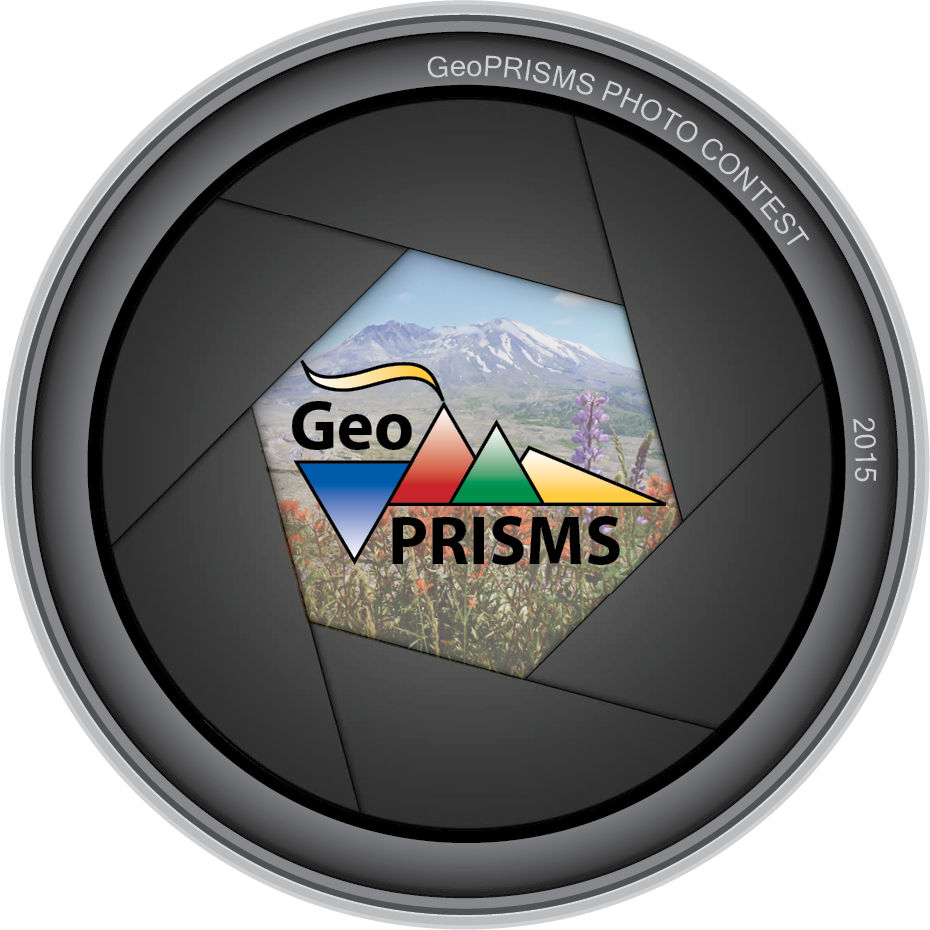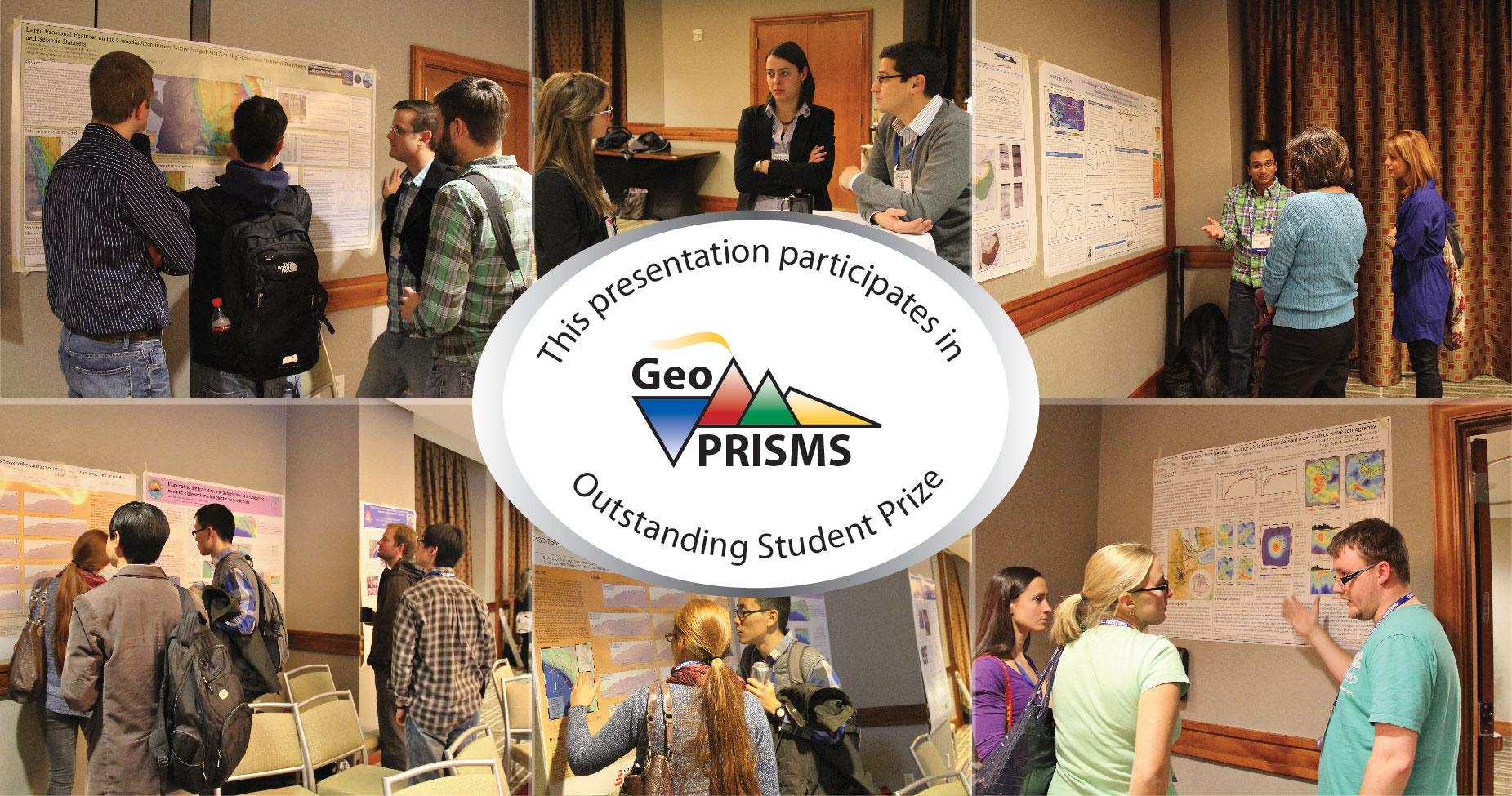Register now to attend one or more GeoPRISMS Mini-Workshops at AGU Fall Meeting
Registration Deadline: November 28, 2015
All mini-workshops are free of charge and open to all. However, attendance and food may be limited so register early for fullest consideration. For more information and registration visit the GeoPRISMS website at: /agu2015-registration/
From rifting to drifting: evidence from rifts and margins worldwide
Sunday December 13, 2015, 8 – 1:30pm, Grand Hyatt Union Square 36th Floor
The purpose of this workshop is to facilitate discussion on the current state of research into continental extension. Our aim is to be broadly inclusive by bringing an audience with widely varying backgrounds to a common understanding of the state of the art in this field. Our ultimate goal will then be to pursue a discussion on future research challenges for the community and how these challenges align with the existing science plans for the GeoPRISMS Eastern North America and East African Rift Focus Sites. We will organize this meeting around the following themes:
STEPPE Workshop: “Lake Tanganyika: A Miocene-Recent Source-to-Sink Laboratory in the African Tropics”
Sunday December 13, 2015, 2 – 8:30pm, Grand Hyatt Union Square 36th Floor
This STEPPE workshop will investigate source-to-sink processes through an examination of the Lake Tanganyika rift (East Africa), which faithfully records profound signals of tectonics, climate variability, and surface processes in a high-continuity sedimentary archive. The workshop will bring together inter-disciplinary experts to discuss the geodynamic, atmospheric, hydrologic, and biological processes affecting the Tanganyika hinterland that influence sediment generation and transport, as well as the limnological and depositional processes influencing stratal architecture and the composition of sediment. Lake Tanganyika is widely considered to be the premier target to recover a long-term, high resolution record of tropical climate, evolutionary biology, and rift tectonics via scientific drilling, and it is also an active frontier petroleum basin. The goal of the workshop is to lay the framework for future scientific drilling and consider the best pathways for deconvolving forcing mechanisms from the depositional signal, potentially through the application of new analytical techniques, integration of large digital datasets, or process modeling. Interested participants (especially early career scientists – students, post-docs, etc.) are encouraged to participate and contact the conveners for more information (michael.mcglue@uky.edu or cascholz@syr.edu).
———————-
Mini-Workshop on the Himalayan Seismogenic Zone
Tuesday December 15, 2015, 7 – 9pm, Grand Hyatt Union Square 36th Floor
The April 25, 2015 Mw 7.8 Gorkha earthquake in Nepal was a dramatic reminder that not all great thrust earthquakes occur on oceanic subduction zones. This mini-workshop is intended to facilitate discussion and organization of possible international, multidisciplinary efforts to study the Himalayan Seismogenic zone to better understand both the threat of future ruptures in this region and mechanics of large thrust earthquakes at convergent plate boundaries in general.


